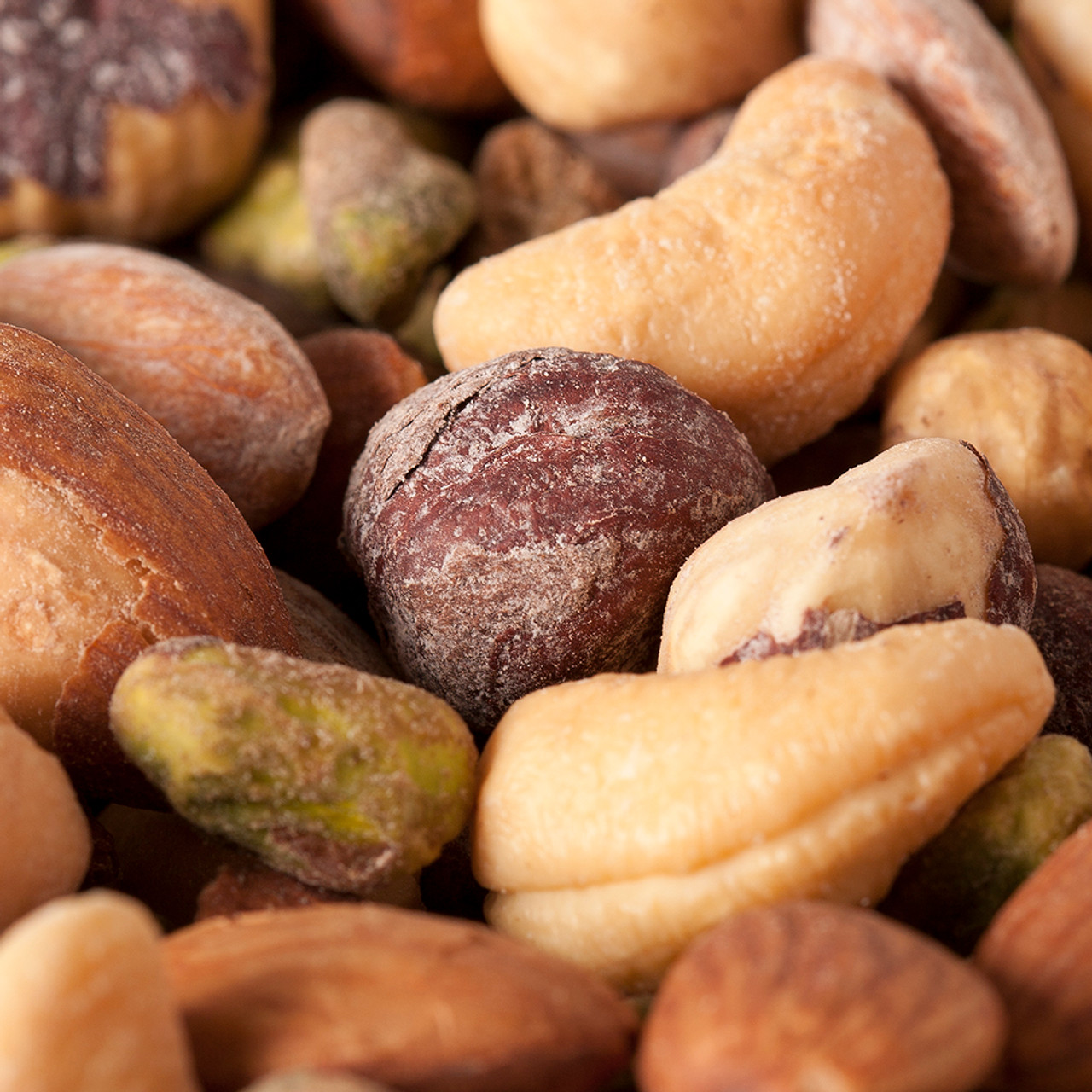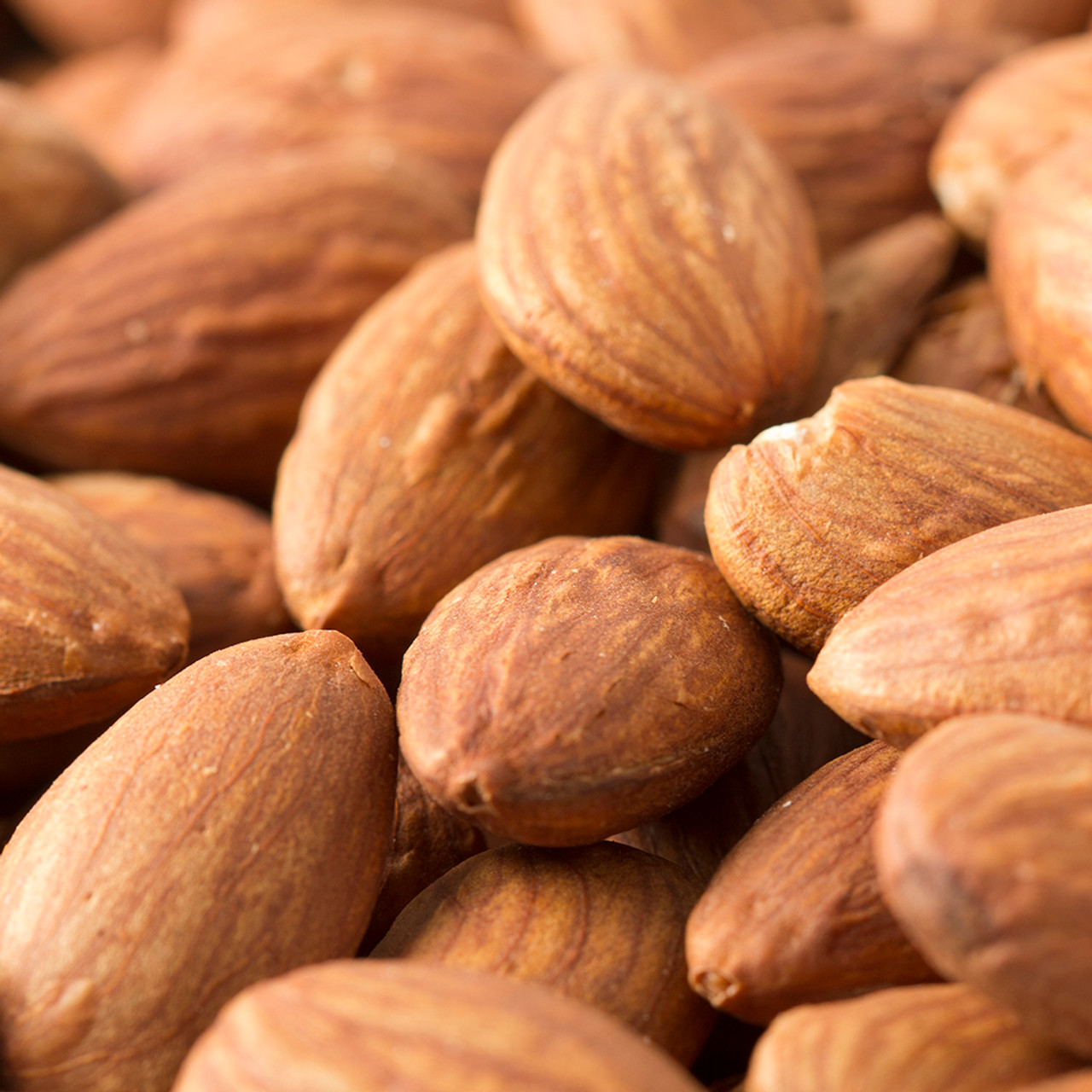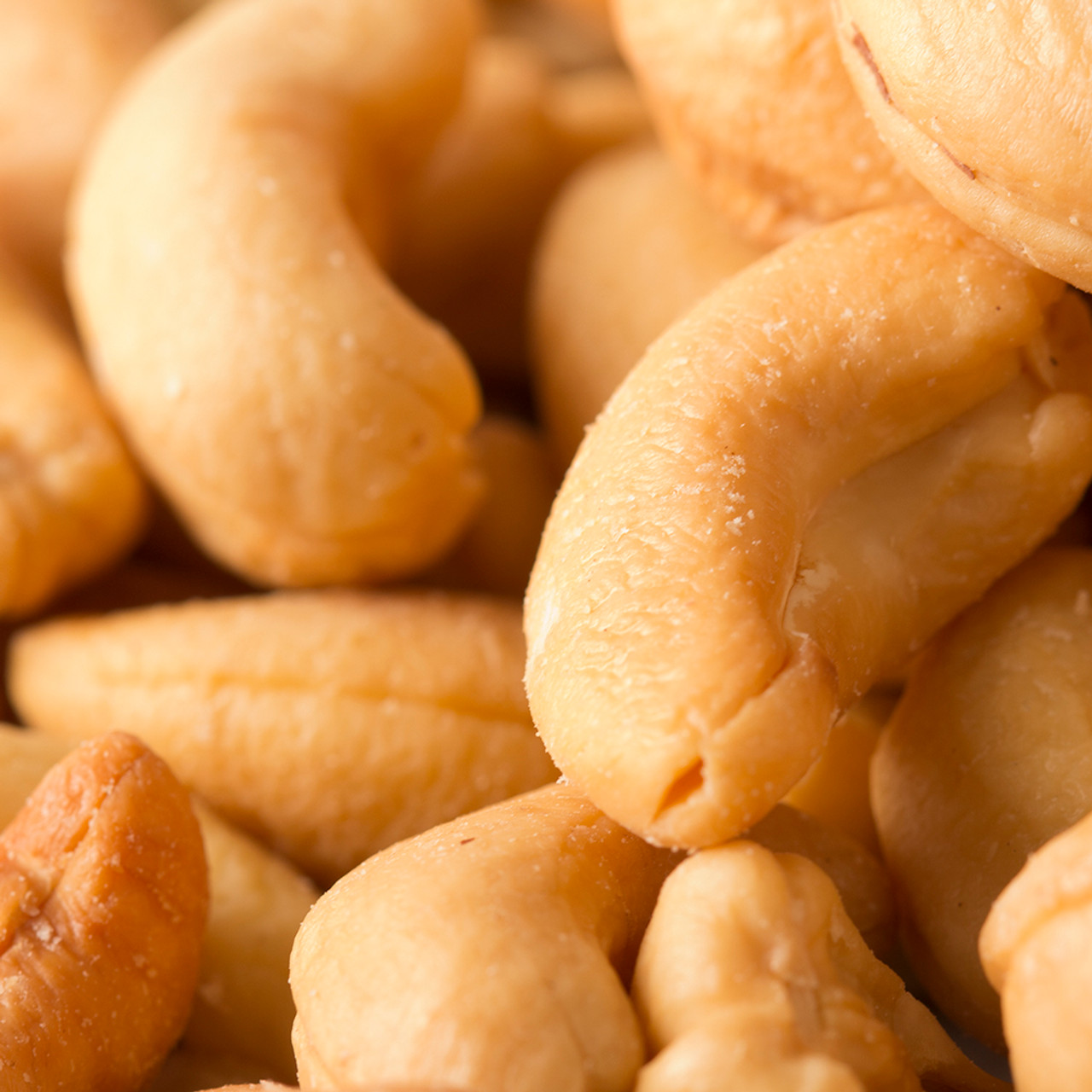How Long Do Nuts Last? Tips for Storing Nuts
Posted by Fastachi on 
Nuts are healthy nutrient kernels packed with antioxidants, high in fiber, minerals, and vitamins. They make the perfect snack, whether raw or roasted. They can be a lovely topping to a healthy breakfast meal or add the needed crunch to a gourmet meal.
These versatile superfoods are easily found, yet they are precious and need tending to. Some are found organic and in their original state (raw) or you can purchase roasted nuts for an aromatic boost of flavors. However, storing nuts and preserving them is delicate.
In this article, we will explore how long nuts last and provide some useful tips on how to store them.
Understanding Nut Shelf Life
Nuts have different shelf lives depending on the type of nut, its condition, and storage methods. External factors such as heat, light, and humidity can also affect the nuts shelf life. Packaged nuts typically come with instructions and expiration dates, but raw nuts have a different shelf life.
How Long Do Nuts Typically Last?
The general rule is that most nuts retain quality for a few months. However, this does not mean that nuts will remain in good condition for an extended period. Shelled nuts stored at room temperature are expected to last six to nine months. Non-shelled nuts will last for four to six months.

Super Nut Mix $18.69 SHOP NOW |

Roasted Almonds $16.49 SHOP NOW |

Roasted Cashews $16.49 SHOP NOW |
Shelf life of roasted nuts
Oils are commonly found in nuts. When chopped, roasted, or ground into creamy nut butter, the oil breaks down and is exposed to oxygen, reducing nuts' shelf life. Roasted nuts typically last for about a month. They have a shorter shelf life than raw nuts and should be consumed within two weeks for the best quality.
Shelf life of raw nuts
Unprocessed raw nuts have a longer shelf life than roasted nuts. Depending on the type, they can range from six to nine months when stored in a pantry or other dry place. However, some types, such as pine nuts, have a shorter shelf life of approximately two months. On the other hand, almonds can last the longest, approximately nine to twelve months.
Q: Does storage affect nut longevity
A: Nuts can be affected when exposed to certain elements. For example, storing them in humid areas or areas with light can affect their texture, taste, and shelf life.
Tips For Keeping Nuts Fresh
Store your nuts in a kitchen cupboard or a pantry to keep them fresh. The main idea is to keep them cool and dry. Dry and cool conditions will prevent the nuts from becoming rancid, which is when fatty acids in the nuts go bad if stored for too long or in poor conditions, such as high humidity, exposure to bright light, or sunlight. You can use a freezer bag to keep the nuts cool and away from fresh air.
Another option is to use containers with airtight seals, such as glass jars or plastic ones, to ensure the nuts maintain the proper moisture level. If you keep nuts at room temperature, ensure they are away from direct heat; this will maintain their freshness for up to 3 months, considered short-term storage. However, you can keep them longer, up to 6 months.
Storage Techniques For Extended Freshness
As mentioned earlier, to store nuts for a longer period, you can freeze or refrigerate them. However, some nuts are sensitive to light exposure. Exposure to excessive light can lead to a decline in quality and flavor. Therefore, keep them away from direct sunlight or bright artificial light when storing them. Additionally, light exposure can lead to faster rancidity, and the nuts may lose their natural crunchiness. And don't forget that nuts prefer to stay in the shadows.
Air Circulation
Another factor to consider when storing nuts is air circulation. Good airflow is the answer to how to keep nuts fresh. It helps to prevent moisture build-up. Adequate ventilation is very important when storing your nuts, so if you use airtight containers, open them periodically or have ventilation holes that allow the nuts to breathe fresh air.
Dos and don'ts for nut storage
Kernels contain moisture of about 2.5% and less than 2% oxygen concentration. It is important to store nuts in temperatures between 4 to 15 °C and place them in dark places. Nuts can easily absorb other odors, so keep them away from high-odor food when storing them.
Can you freeze nuts? Do nuts need to be refrigerated? Do not leave nuts at room temperature for too long; keep the pantry fresh and empty of nuts. Store nuts in a refrigerator to increase their shelf life for a relatively longer period or within the freezer. Since different types of nuts have a different shelf life when storing them, consider placing name tags on each bag and dates to keep track of and easily identify them.
Nuts have a certain concentration of moisture within kernels; when taking out a bag of frozen nuts, it is crucial to let them warm to room temperature to lessen the chances of absorbing access water.
When purchasing nuts, it is important to consider the source; buying from bulk pins is a no-go; most likely, these nuts have been exposed to air and rarely replaced; opt for fresh nuts or air-sealed bags.
Q: Do Nuts Expire?
A: Nuts can't expire; however, they can change in taste or go rancid. Nuts contain much-unsaturated fat, an oil that makes nuts likely to go rancid. Nuts spoil faster when exposed to light, air, or heat. No fuss; cool, dark, and air-sealed are the three trifectas to storing nuts properly.


